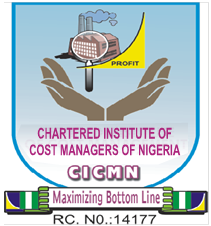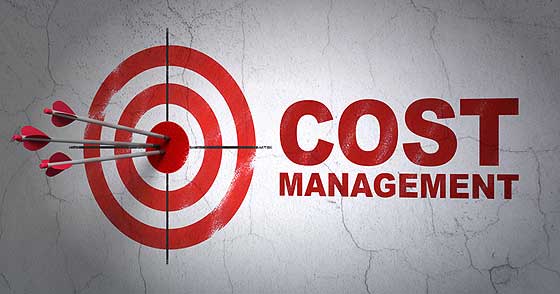Nigeria, like many countries, is committed to achieving the United Nations Sustainable Development Goals (SDGs) by 2030. These 17 goals address global challenges such as poverty, inequality, and climate change. However, attaining these goals requires significant financial investment, careful planning, and resource management. This is where cost management plays a crucial role.
Understanding the SDGs and Nigeria’s Commitment
The SDGs provide a framework for addressing some of the most pressing issues facing humanity. For Nigeria, the SDGs are not just global targets but a pathway to improving the socio-economic landscape. The Nigerian government has aligned many of its national development plans with the SDGs, focusing on poverty reduction, education, health, infrastructure, and environmental sustainability. However, the challenge lies in how to finance these ambitious goals while ensuring resources are used efficiently and transparently.
The Role of Cost Management in Achieving the SDGs
Cost management is essential for the effective allocation of resources, especially in a country with limited financial capacity like Nigeria. Here’s how cost management contributes to the SDGs:
1. Efficient Resource Allocation
Achieving the SDGs requires the allocation of significant resources to various sectors, including education, health, and infrastructure. Cost management ensures that these resources are allocated efficiently, minimizing waste and maximizing impact. For instance, in the construction of schools or hospitals, effective cost management can help avoid budget overruns, ensuring that more projects can be completed within the available funds.
2. Transparency and Accountability
Corruption and mismanagement of funds are major challenges in Nigeria. Cost management practices promote transparency and accountability by tracking and monitoring expenditures. This is critical for SDG-related projects funded by both public and private sectors. When stakeholders know that funds are being managed efficiently, there is increased trust and a higher likelihood of continued support for SDG initiatives.
3. Sustainable Development Planning
Cost management is integral to sustainable development planning. By analyzing the costs and benefits of various development projects, decision-makers can prioritize initiatives that offer the highest returns on investment. For example, investing in renewable energy sources may have higher upfront costs but offer long-term savings and environmental benefits. Cost management helps in making informed decisions that align with both short-term needs and long-term sustainability goals.
4. Mitigating Financial Risks
Large-scale projects associated with the SDGs often come with significant financial risks. Effective cost management practices, such as risk assessment and contingency planning, help mitigate these risks. This ensures that projects remain financially viable, even in the face of unforeseen challenges, and continue to contribute to the achievement of the SDGs.
5. Enhancing Collaboration and Partnerships
Achieving the SDGs requires collaboration between governments, private sectors, and international organizations. Cost management provides a common framework for these entities to work together, ensuring that resources are pooled and managed effectively. By promoting clear financial reporting and accountability, cost management fosters trust and cooperation among stakeholders, leading to more successful partnerships.
Case Study: Cost Management in Nigeria’s Health Sector
One sector where cost management has had a significant impact is health. Nigeria has made strides in improving access to healthcare, but challenges remain, particularly in funding. Through effective cost management, initiatives like the Basic Health Care Provision Fund (BHCPF) have been able to maximize limited resources, providing essential health services to millions of Nigerians. By ensuring that funds are used efficiently, these programs contribute directly to achieving SDG 3: Good Health and Well-being.
Conclusion
The Sustainable Development Goals represent an ambitious agenda for Nigeria, requiring careful planning, significant investment, and efficient resource management. Cost management is a critical tool in this process, ensuring that resources are allocated efficiently, transparently, and sustainably. By adopting robust cost management practices, Nigeria can enhance its efforts to achieve the SDGs, leading to a more prosperous and sustainable future for all.



